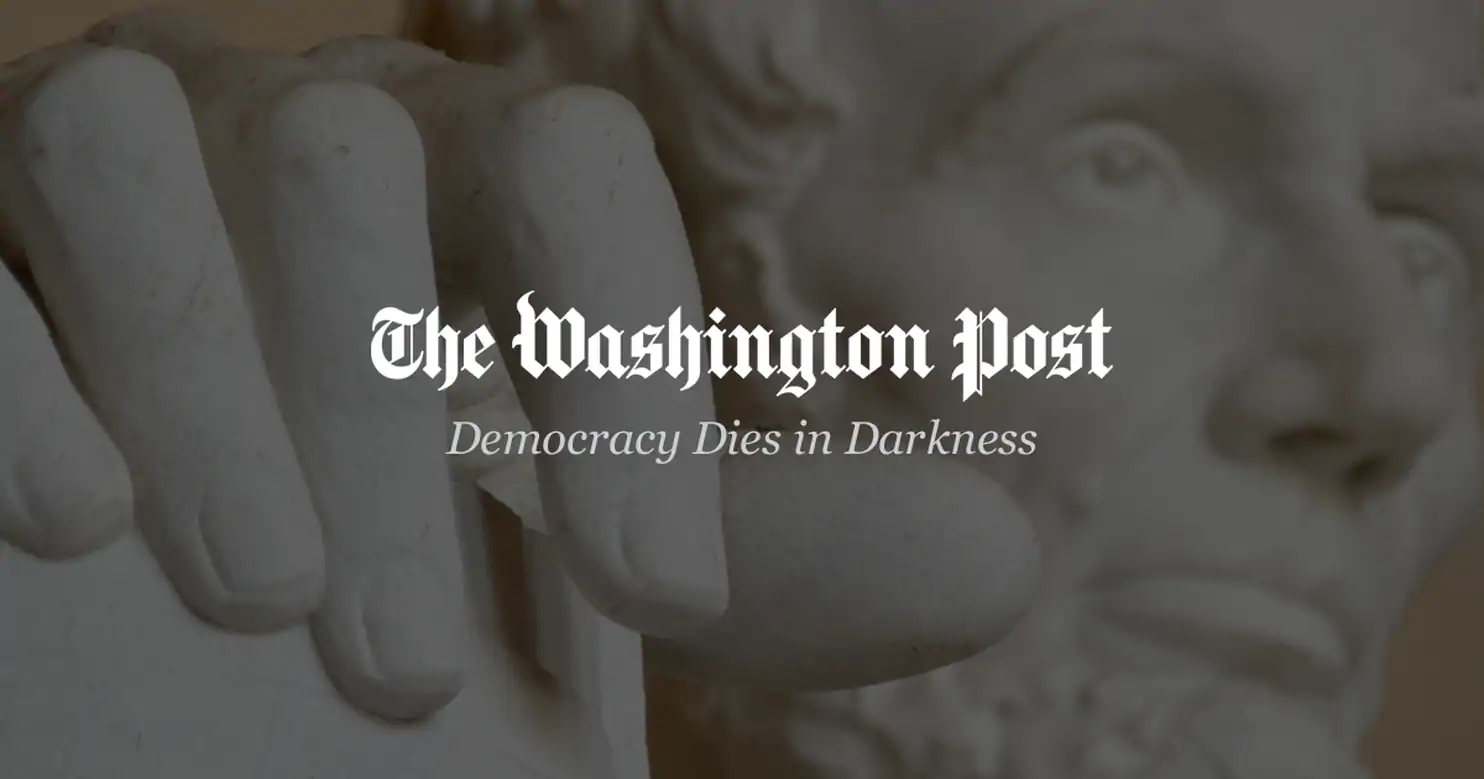Georgia DA Asks for Special Grand Jury in 2020 Election Interference Probe

(ATLANTA) — The Georgia prosecutor looking into possible attempts to interfere in the 2020 general election by former President Donald Trump and others has asked for a special grand jury to aid the investigation.
Fulton County District attorney Fani Willis sent Thursday’s letter to Chief Judge Christopher Brasher, asking for the appointment of a special grand jury. She wrote in the letter that her office “has received information indicating a reasonable probability that the State of Georgia’s administration of elections in 2020, including the State’s election of the President of the United States, was subject to possible criminal disruptions.”
[time-brightcove not-tgx=”true”]
Continue reading: Atlanta’s First Black Female District Attorney Is at the Center of America’s Converging Crises
Willis has declined to speak about the specifics of her investigation, but in an interview with The Associated Press earlier this month she confirmed that its scope includes — but is not limited to — a Jan. 2, 2021, phone call between Trump and Georgia Secretary of State Brad Raffensperger, a November 2020 phone call between U.S. Sen. Lindsey Graham and Raffensperger, the abrupt resignation of the U.S. attorney in Atlanta on Jan. 4, 2021, and comments made during December 2020 Georgia legislative committee hearings on the election.
A Trump spokesman has previously dismissed the investigation as a politically motivated “witch hunt.” Graham has also denied any wrongdoing.
In a statement Thursday, Trump said his call to Raffensperger was “perfect.”
“I didn’t say anything wrong in the call, made while I was President on behalf of the United States of America, to look into the massive voter fraud which took place in Georgia,” Trump said. He ended his statement by saying, “No more political witch hunts!”
Officials from the federal and state governments have stated repeatedly that there is no evidence of voter fraud in Georgia, or anywhere else in the country, during the 2020 elections.
Willis’ office has tried to interview multiple witnesses and gather evidence, but some witnesses and prospective witnesses have refused to cooperate without a subpoena, she wrote in the letter to Brasher. For example, Willis wrote in the letter that Georgia Secretary of State Brad Raffensperger, whom she calls an “essential witness,” has “indicated that he will not participate in an interview or otherwise offer evidence until he is presented with a subpoena by my office.” A special grand jury would have the power to subpoena witnesses.
Raffensperger’s office did not immediately respond to an email Thursday asking whether he would decline to participate without a subpoena.
The investigation of complicated cases can be assisted by special grand juries that are rarely used in Georgia. While they cannot return indictments, they are able to make recommendations to prosecutor regarding criminal prosecutions.
Willis stated that the special grand jury is necessary because it has the ability to serve a longer term than any other grand jury. This special grand jury could also focus solely on this case, giving it the ability to analyze complex facts and conditions. And having a special grand jury would mean that the regular seated grand jury wouldn’t have to deal with this investigation in addition to their regular duties, Willis wrote.
A superior court judge was also requested by her to supervise and assist the investigation of the special grand jury.
Willis took office January 20, 2021 and sent February letters instructing top Georgian elected officials to keep any records relating to the election. In particular, any evidence that attempts were made to influence officials. The probe includes “potential violations of Georgia law prohibiting the solicitation of election fraud, the making of false statements to state and local government bodies, conspiracy, racketeering, violation of oath of office and any involvement in violence or threats related to the election’s administration,” the letters said.
Willis, a longtime prosecutor, has repeatedly said that she’s aware of the intense public interest in her investigation, but she’s said she won’t be rushed. According to her, a decision about whether or not to pursue charges could be made in the first quarter of 2011.
In her letter to Brasher, Willis said her office has learned that people who may have tried to influence Georgia’s election have had contact with the secretary of state, the state attorney general and the U.S. attorney’s office in Atlanta. Her office therefore has sole authority to look into these cases and can not be considered a witness.





